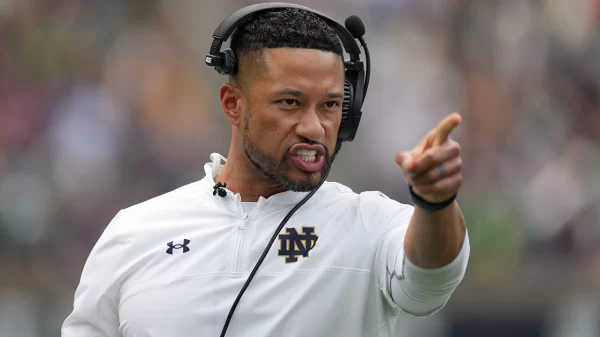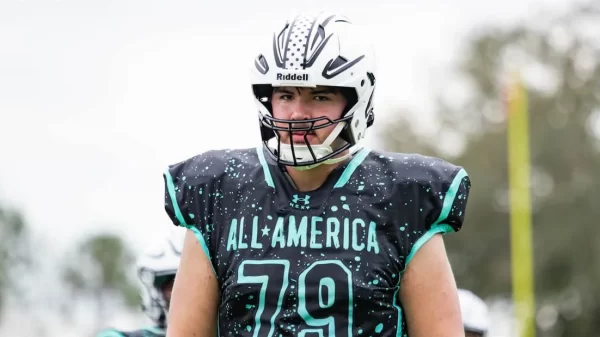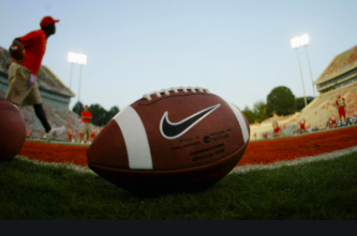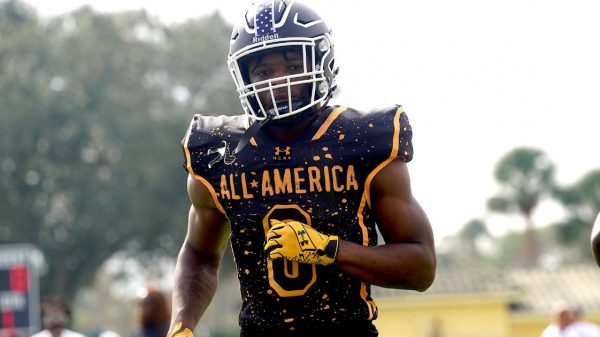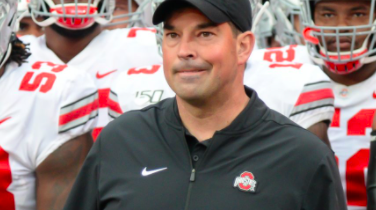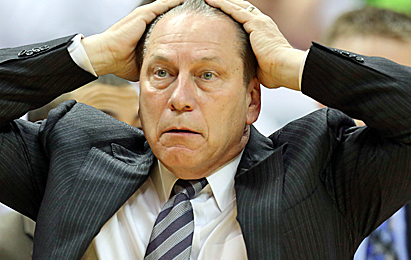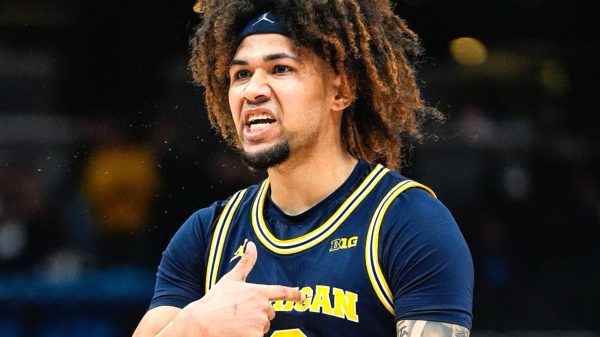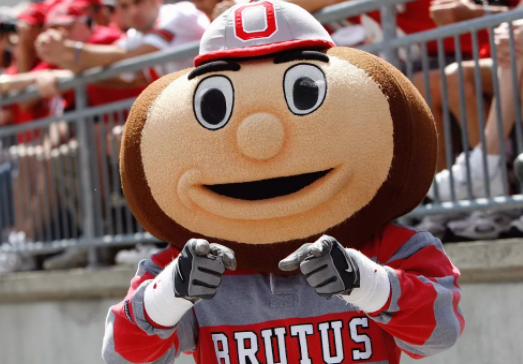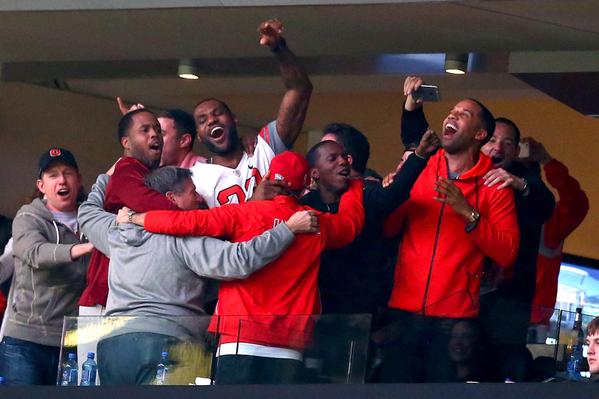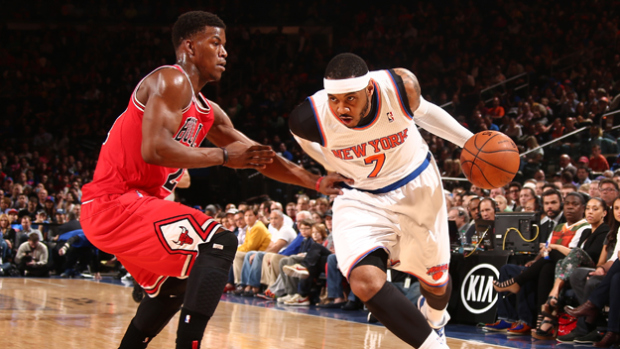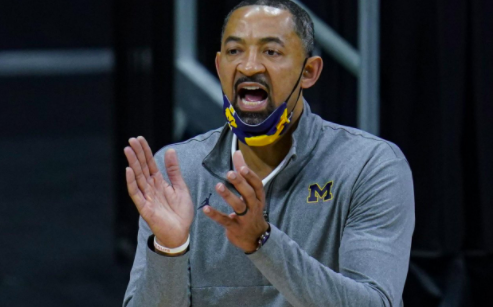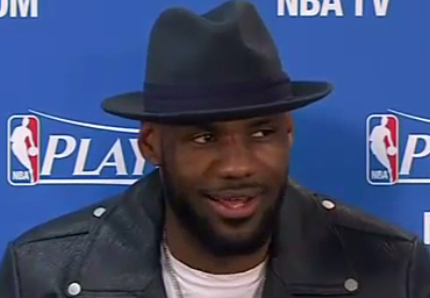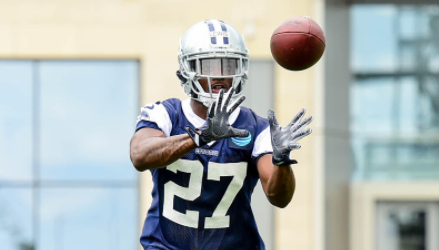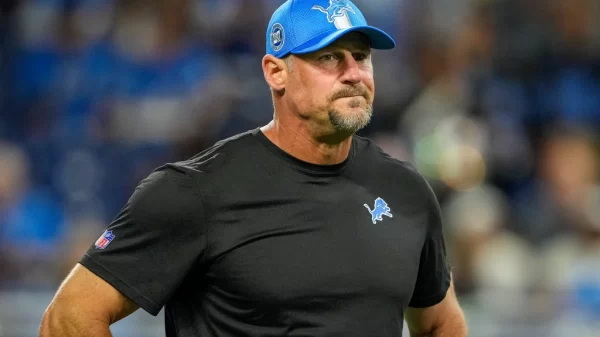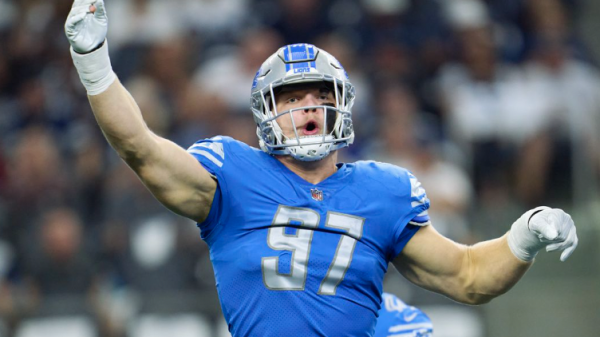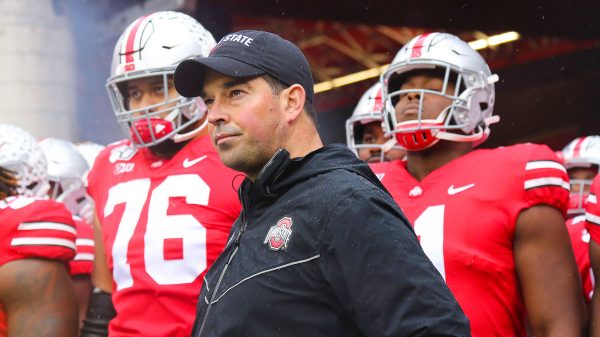Working in the hockey community has allowed me to hear some interesting rumors. Some of them have serious traction, while others are just purely speculation. For instance, the talk right now is that there is about a 70% chance that Ryan Suter re-signs with Nashville, or that Gary Bettman is trying to save the Phoenix Coyotes so that he can introduce expansion teams in areas that have been rumored for relocation (Quebec City and Seattle).
Most importantly though, the current word is that the league will lockout until around Christmas time. It should be made clear though, that the lockout will likely not last the entire season because the NHL wants to have the Winter Classic played. With 110,000+ seats at the Big House, and the minimum ticket price going for about $90, the NHL stands to lose a serious chunk of change on ticket revenue alone if that game were to be cancelled.
The belief is that the Owners want to move to a 50-50 revenue split, and move the players down from their current 57% share. This is reasonable, especially when you consider the fact that only 11 teams made money this past season, and that the 50-50 revenue split is used in the NBA, and NFL players only get 47% (Sports Business Daily). Why the NHL thinks they should expand when only 11 teams are making money is beyond me, but once again, the people in charge have run the league into the ground.
Prior to the lockout, Owners cried out that they could not compete with the teams that made the most money, because they in turn, had the most to spend. The Detroit Red Wings team salary when they won the cup in 2002 with nine hall of famers on it, was roughly $66 Million; the year before the lockout they spent $77 Million. The projected salary cap for this coming season, if the CBA was not going to expire, is $70 Million. The fact that the league has made money and because the players have a revenue split of 57%, the salary cap has risen each year and now the lockout in 2004 has almost become irrelevant. Granted, there has been inflation, so that $66 Million in 2002 is probably close to $80 Million now, but the higher salary cap and salary cap floor are resulting in frivolous spending. For example, the Colorado Avalanche gave David Jones a four-year $18 Million contract, and he only had 37 points last year in 72 games. The Avalanche are also talking about trading for Boston Bruins goaltender Tim Thomas, even though he has stated that he will sit out this year, because it would add $5 Million to their salary cap, and if he does not play in any games then they do not have to pay him.
Overpaying players and taking on contracts for guys that are not even going to play are just two ways that teams are trying to get to the salary cap floor. Small market teams that are not making money are desperate to reach the floor, since the league made it mandatory for each team to spend a certain amount of money. Normally, I would not side with the owners, but another lockout has to happen. Teams are struggling to make ends meet, the New Jersey Devils owner doesn’t even have enough money to run his team anymore and there is talk that the NHL might take over his franchise like they did with the Phoenix Coyotes. The Devils are a team in a hockey market that has been good for twenty years, and they just made it to the Stanley Cup Finals and have the extra playoff revenue. owners are better off locking out the players and only losing $10 Million, rather than having the year start on time and losing $25 Million.
While the owners will be doing the right thing to lockout the players to try and fix the system, and presumably lower the cap, they need to realize that this lockout is their fault. They created a new system they thought would work, and then broke it by letting the salary cap floor and salary cap rise to a height where not every team could afford it. if the owners were to keep the current system in place in the new CBA, but move to a 50-50 split, then the salary cap for this year would be about $63 Million. My guess is that this will be too high for owners, and they will aim for a lower number to start with under the new CBA. The league will be in the same position it was in when they locked out the first time, the only difference is that the league is no longer top heavy and there is more parity.
One of the biggest issues with the NHL is, if only 11 teams made money, how can the owners justify keeping the current system and not overhauling it again? . The NHL lost an entire year to a lockout in 2004, so that the Owners could put in the EXACT system that they wanted; yet eight years later here we are with another lockout looming. The league reports $3.3 Billion in revenue (tsn.ca). The questions that remains are, how do you fix this problem, and where is the money actually going?
If the NHL is making $3.3 Billion, how are more teams not making money? Where is this money going? Are the owners “cooking their books” to try and get the players to have less of a revenue share? It would be a tough thing to believe that the owners would do this to their employees, but I guess stranger things have happened. I’m choosing to side with the owners based on the information that they’re making public, and I hope for their sake, that they’re being honest. But, one has to wonder how more teams aren’t profitable with this revenue stream.
As much as I hate to say it, probably the only way to fix this problem is to move more teams from the United States up to Canada, or by contracting the league down to 26 teams. Now there is no way that the NHL owners and players would ever agree to contraction, it could be the only solution with so few teams making money. Teams like the Columbus Blue Jackets, have been horrendous since they joined the league in 2000; they have draft horribly and the star players that they get never want to stay (see: Rick Nash and Jeff Carter). The NHL isn’t popular enough in the US to keep up with the NFL, MLB, or the NBA right now. One of the biggest markets in the country (Los Angeles) just had a team playing in the Cup Finals, and yet the Cup Finals ratings were down 29% from last year, and they were often playing second fiddle to the NBA. The NHL loses money in October and November every year because of the NFL and the MLB and I think that some of the NHL’s struggles can be attributed to ESPN.
ESPN shows Sportscenter for hours upon hours but I can count the number of times I saw regular season highlights of a team such as the Columbus Blue Jackets. The NHL doesn’t get any love from ESPN, and they spend their time talking about hot button names like Tim Tebow, LeBron James, or in some cases they obsess over the “hot new” talent like Jeremy Lin. They want ratings, and ESPN has the ability to make people hate a team or a player because of their obsessive coverage of them. They fixate on a player and talk about him like they’re beating a dead horse. Yet, they are still widely popular, and the lack of NHL coverage is hurting the league’s publicity and popularity. It makes me wonder though, if the NHL had taken less money and gone over to ESPN after the lockout instead of Versus (now NBC Sports Network), would the league be making more money and would more teams be out of the red?
A lot of questions remain, but the only one that has been answered is that there will likely be a lockout for part of next season.

